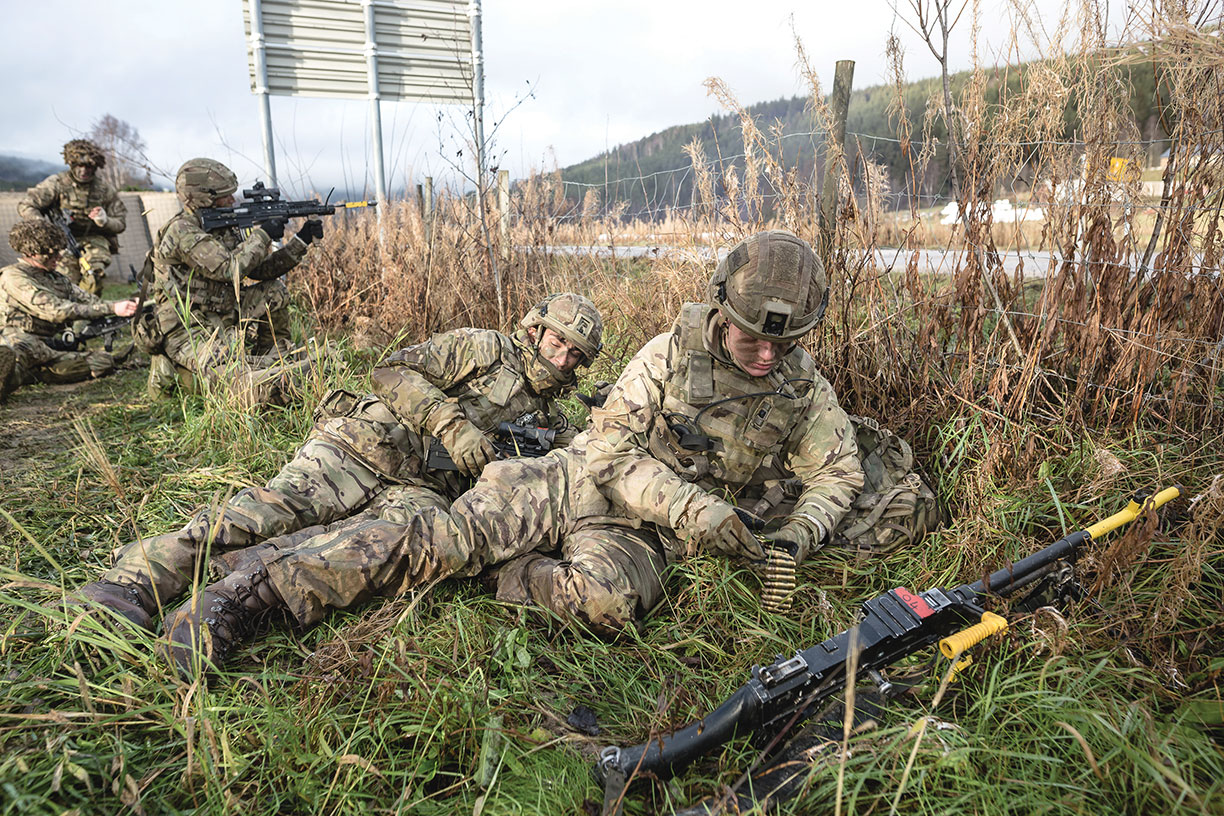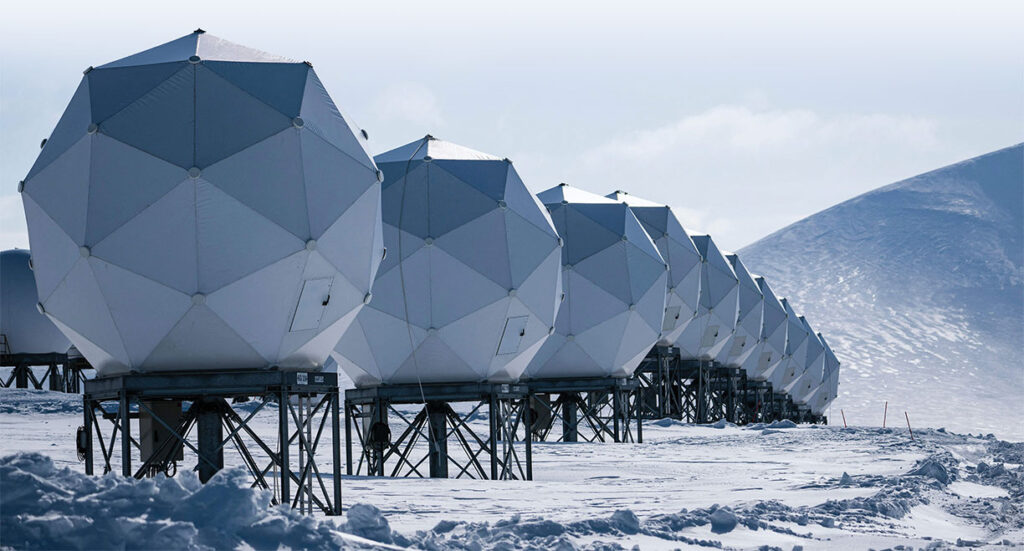SVEIN EFJESTAD/NORWEGIAN INSTITUTE OF FOREIGN AFFAIRS
Norway chaired the Nordic Defense Cooperation (NORDEFCO) organization in 2022, a year dominated by the Russian attack on Ukraine. Russia’s war spurred Finland and Sweden to apply for NATO membership, while all Nordic countries continue to provide substantial military and civilian assistance to Ukraine.
It is difficult to assess how the war will affect Arctic security. If the current regime in Moscow continues, the Arctic likely will be dominated by the adverse relationship between Russia and the West. If there is a new regime in Moscow, that also could lead to fundamental changes.
The warming in the Arctic continues to accelerate. More natural resources are discovered, including oil, gas, metals, coal and ingredients for fertilizer production. Climate change makes it easier to produce and develop these resources. Western sanctions have a substantial effect on the Russian economy in the Arctic, so Russia is becoming more dependent on trade with China and other non-Western countries. This cannot compensate for access to Western markets in the long term.
Many Russian ground forces have been employed in Ukraine and have suffered huge losses. Military tension in the High North has not increased, but the level of contact and cooperation is at an all-time low. Norway continues to maintain a hotline between the Northern Fleet and the Norwegian Joint Headquarters, and it cooperates with the Russian border guard and coast guard. Norway thinks it is vital to maintain control of the fisheries in the area and to provide search and rescue capabilities.

Russia continues to modernize its strategic nuclear submarine forces in the region. It also is building a modern submarine force to challenge allied ambitions in the High North. Currently, it seems unrealistic that a situation dominated by low tension, stability and cooperation in the Arctic can be reestablished in the short term.
The cooperation in NORDEFCO, a defense organization that consists of Denmark, Finland, Iceland, Norway and Sweden, has already provided substantial military results. The Nordic forces have displayed a high level of interoperability, and military exercises and training operations have proved that both air and ground forces can operate effectively together and with NATO countries. Finland, Sweden and Norway have agreed to coordinate operation planning in the North Calotte, a cross-border area that includes parts of all three countries. Finland and Sweden do not have a coastline along the Arctic Ocean, which makes it more complicated to coordinate naval operations. Together, the Nordic states will have about 250 modern combat aircraft to provide deterrence and defense in the Arctic. Many of the Russian bases in the North are located close to the Finnish and Norwegian borders, and the Russian supply lines to these bases run close to the Finnish-Russian border.

The Nordic countries have established a goal for 2025, which includes a commitment to cooperate closely in peace, crisis and conflict. With Finland now a NATO member and Sweden’s membership pending, this could be a self-fulfilling prophecy. It remains to be decided how the Nordic cooperation will be formulated after all the states are members, but there is a will to establish even closer cooperation. It is already clear there will be a joint-exercise cycle and that allied support and reinforcement planning will be closely coordinated. The Nordic states also will facilitate total defense planning. NATO has an integrated air defense, so this will affect surveillance, command and control, and air operations in the High North.
The five Nordic countries will continue to consult closely on all aspects of military security. It will be important to create continuous allied cooperation across the Arctic from the Nordic countries to include Alaska, Faroe Islands, Greenland, Iceland and Northern Canada. This requires that the Nordic countries establish a new mechanism for military cooperation with Canada, the United States and other allies who operate in the northern waters.

